Treasuring Turtles
A new rescue group in central Mississippi nurses wounded turtles back to health, as well as providing information for those wanting to foster suburban habitat for these fascinating creatures.
- story by Ellis Anderson
Christy says there are several things residents can do to make their yards turtle-friendly. Don’t use pesticides or herbicides, especially if you’ve seen turtles in your yard. Plant a garden – they provide great turtle habitat. Before mowing, check your yard for those who might be in harm's way. And keep watch if you have large dogs, which sometimes use turtles as chew toys.
Christy and her husband Luke rehabilitate turtles that have had unfortunate encounters with canines, although most of their patients come from “road carnage.” They work with veterinarians to nurse the turtles back to health, then release them back in the area where they were found. If their patient is permanently disabled, they care for them until a special needs home can be found. But dogs and cars aren’t the only foes of turtles. Intentional harm by humans causes some turtle deaths and maimings. A few misguided fishermen have been known to shoot turtles in the mistaken belief that they’re eating potential catches. Turtles can also be targets for both adults and kids who are practicing firearm skills. And there are the heartless drivers will purposely try to hit a turtle crossing a road. “Sadly, we do see ones that have been hurt by malice,” says Christy.
From Admirer to Rescuer
Christy came by her love of turtles as a child, appreciating their peaceful natures and the fact they carried their homes on their backs. She never lost the love. In 2006, when a neighbor found a three-legged turtle on a burn pile, he thought of the Milbournes – he’d seen turtle figurines in their house.
Thus began a decade of intensive education, networking with turtle experts around the country, and the adoption of Booboo. Booboo was a 17-year-old Redfoot Tortoise raised in a small tank by well-intentioned owners in Maryland. Due to a poor diet and his small environment, his shell was deformed enough to prevent use of his back legs. Surrendered to another rescue group, the Milbournes adopted Booboo in 2010. He became a beloved and spoiled member of their family. According to a veterinarian specialist, Booboo wasn’t in pain, but would have a shorter lifespan. The predication came true, when, despite the pampering from the Milbournes, the tortoise passed away in 2012. His death solidified their dreams of dedicating even more of their time to turtle rescue.
Both Milbournes still work full-time for the Mississippi Department of Transportation, but the non-profit they have formed works to raise awareness with people in addition to healing wounded turtles.
Their website explains why it’s an awful idea to paint turtle shells (their shells are living tissue that will absorb toxins) or remove them from their natural habitats (they’ll spend the rest of their lives trying to get home). The rescue success story page makes for fascinating – and heartwarming – reading.
Want to help a turtle cross a road? You’ll find complete instructions for that on the website as well:
For turtle emergencies, simply go to the website’s Contact Us page for instant advice. “If you come across a wounded turtle, don’t assume it can’t live,” Christy says. “They’re incredibly tough. We work closely with a coast organization called Wild At Heart, so someone can help.” The website also hosts an informative photo gallery, showing every type of turtle found in the state. According to Christy, the Mississippi coast is home to almost every one of them, 35 species. Lucky for us – and the Millers. Comments are closed.
|
Categories
All
Archives
July 2024
|
Shoofly Magazine Partners
Our Shoofly Partners are local businesses and organizations who share our mission to enrich community life in Bay St. Louis, Waveland, Diamondhead and Pass Christian. These are limited in number to maximize visibility. Email us now to become a Shoofly Partner!

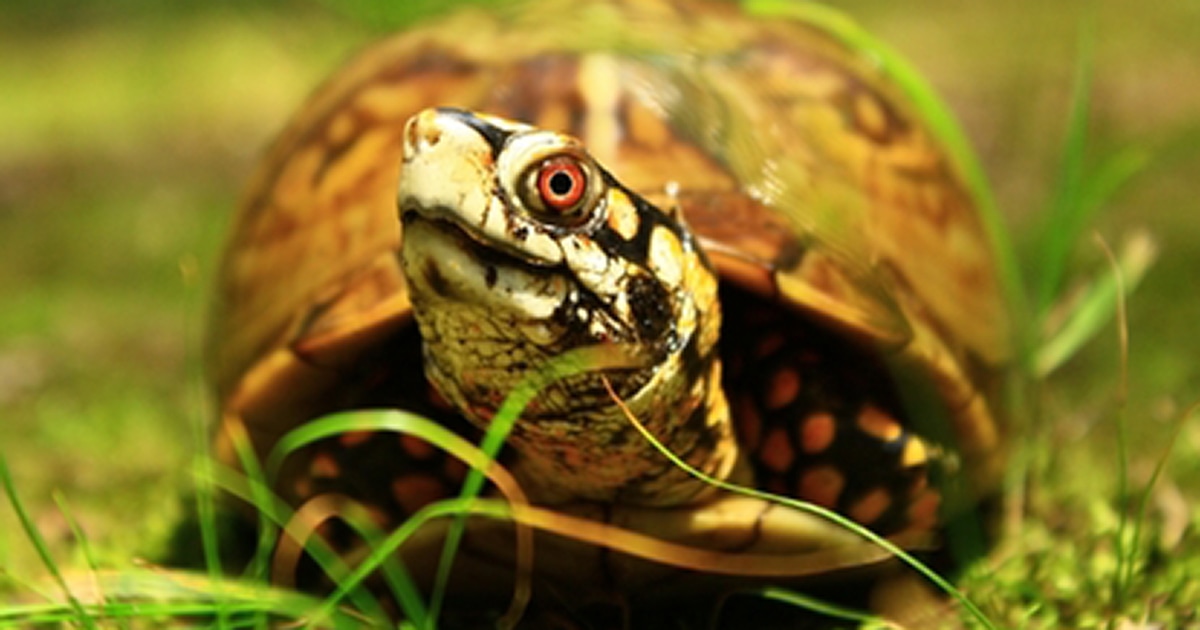
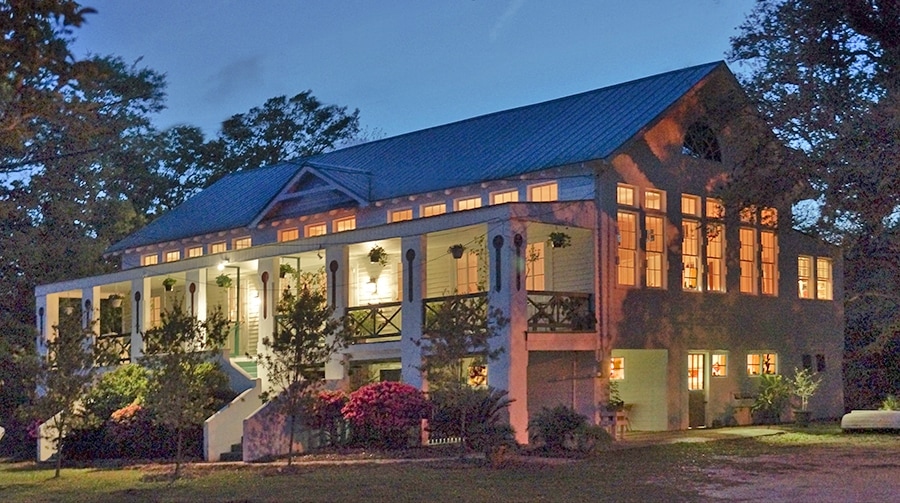
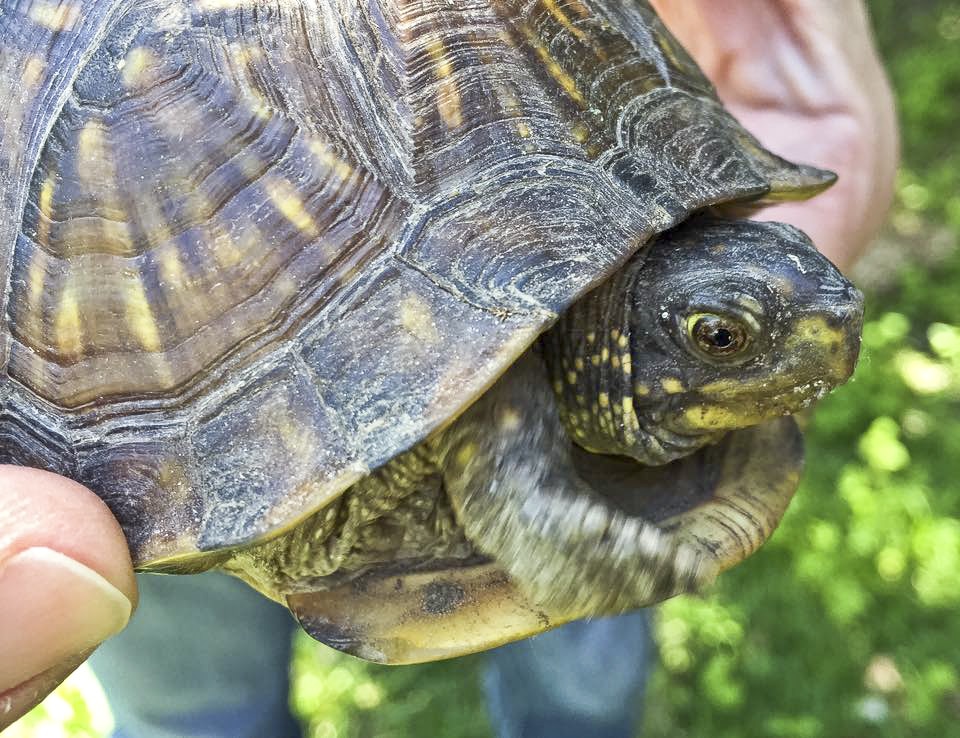
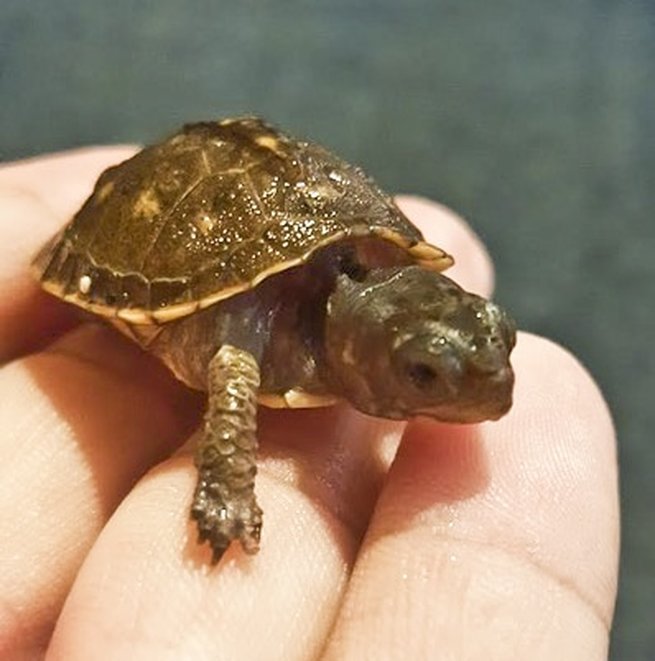
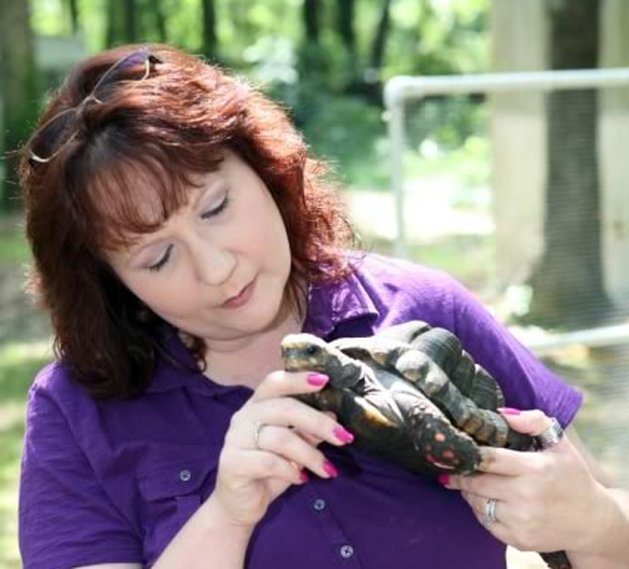
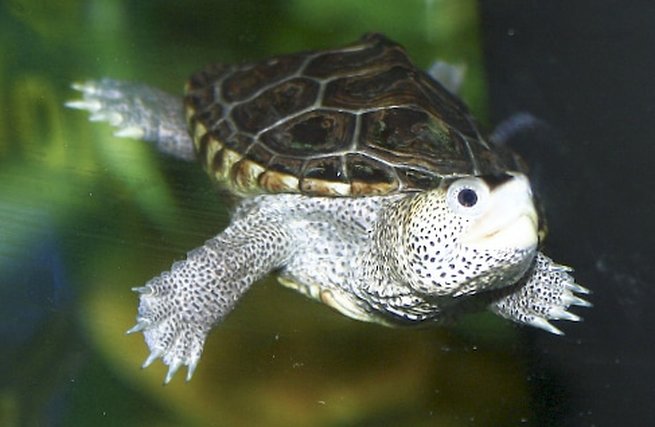
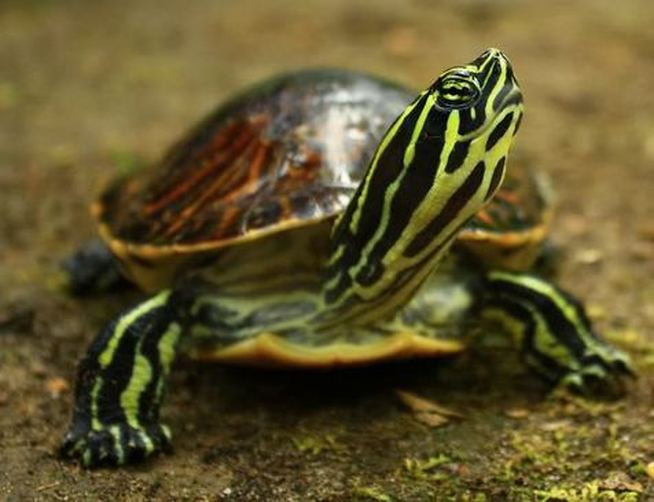

























 RSS Feed
RSS Feed























